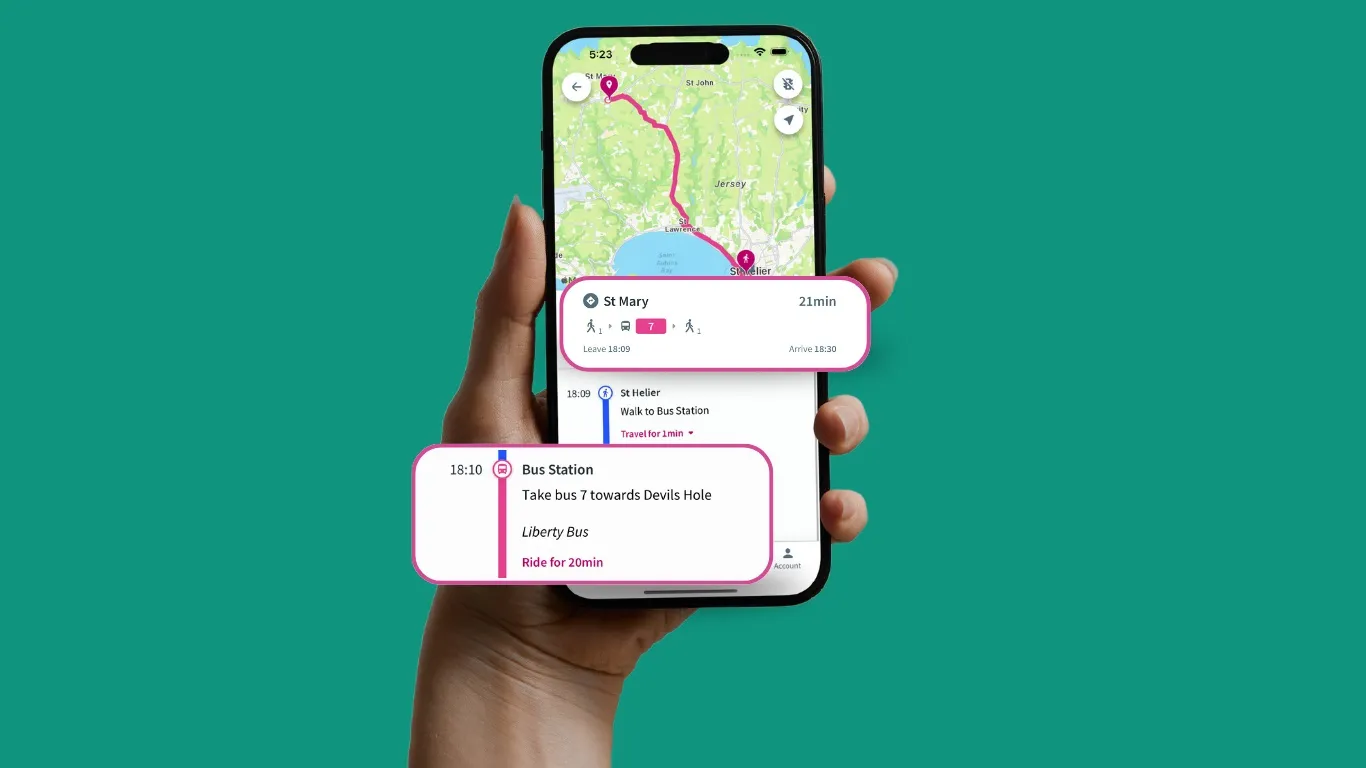The City of Los Angeles is piloting a new transportation app in partnership with Xerox in an effort to provide travellers with optimised transportation choices to simplify urban mobility in the second largest metro area in the US.
The Go LA app aggregates and calculates the time, cost, carbon footprint and health benefits from walking, cycling, driving your own car, parking, taking public transit, as well the emerging private transportation options, such as Lyft, Zipcar, FlitWays and Uber, giving users a
January 27, 2016
Read time: 2 mins
The City of Los Angeles is piloting a new transportation app in partnership with 4186 Xerox in an effort to provide travellers with optimised transportation choices to simplify urban mobility in the second largest metro area in the US.
The Go LA app aggregates and calculates the time, cost, carbon footprint and health benefits from walking, cycling, driving your own car, parking, taking public transit, as well the emerging private transportation options, such as Lyft,3874 Zipcar, FlitWays and Uber, giving users a variety of ways to reach their destination.
The app takes an individual’s destination and desired arrival time and calculates the different routes available, categorised by ‘sooner’, ‘cheaper’ and ‘greener’, providing details such as length of trip, price, number of calories burned and how much carbon dioxide is released into the air, allowing users to choose the best option to meet their needs. As the app learns more about its user’s individual travel preferences, it will eventually recommend and highlight personalised commuting options.
The destination and preferred travel mode data is anonymously shared with the city to deliver insights on how people travel around the region, providing useful information for cities seeking to update travel systems while optimising capital spend.
The Go LA app aggregates and calculates the time, cost, carbon footprint and health benefits from walking, cycling, driving your own car, parking, taking public transit, as well the emerging private transportation options, such as Lyft,
The app takes an individual’s destination and desired arrival time and calculates the different routes available, categorised by ‘sooner’, ‘cheaper’ and ‘greener’, providing details such as length of trip, price, number of calories burned and how much carbon dioxide is released into the air, allowing users to choose the best option to meet their needs. As the app learns more about its user’s individual travel preferences, it will eventually recommend and highlight personalised commuting options.
The destination and preferred travel mode data is anonymously shared with the city to deliver insights on how people travel around the region, providing useful information for cities seeking to update travel systems while optimising capital spend.










